- 6088
- 0
Sharing Ideas and Updates on LPG in Nigeria and related information to enable effective collaboration within the LPG Value Chain
The Removal Of Fuel Subsidy In Nigeria And Its Impact On The LPG Industry.

Introduction:
Nigeria, Africa's most populous country, recently made the decision to remove fuel subsidies (now this has not been finalized by the Federal Government and the current situation is as a result of the President Tinubu inauguration speech; however, this is going to be the eventual reality of Nigerians), a move that has sparked widespread debates and concerns among its citizens. While the implications of this decision are multifaceted, one sector that could experience significant effects is the LPG (Liquefied Petroleum Gas) industry. This short article aims to explore the potential impact of the fuel subsidy removal on the LPG industry in Nigeria.
Background:
LPG has gained significant importance as a cleaner and more sustainable alternative to traditional fossil fuels in recent years. Its use has been actively promoted by the Nigerian government as a means to reduce the country's heavy reliance on fuel imports and increase access to clean energy sources. The LPG sector has experienced substantial growth, driven by government incentives and the expansion of domestic distribution networks.
The Impact of Fuel Subsidy Removal: The removal of fuel subsidies is expected to have both positive and negative consequences for the LPG industry in Nigeria. Let us delve into each aspect:
Increase in LPG Demand: As fuel prices rise due to the removal of subsidies, consumers are likely to explore alternative energy sources, and LPG presents a viable option. With its lower cost compared to gasoline or diesel, LPG could become more attractive to households, businesses, and industries. This increased demand would provide an opportunity for LPG producers, distributors, and retailers to expand their operations and market share.
Infrastructure and Investment: The removal of fuel subsidies may result in redirected government funds, potentially leading to increased investment in LPG infrastructure. Investments in LPG terminals, storage facilities, bottling plants, and distribution networks would be crucial to meet the rising demand. Private sector participation and foreign investments could play a significant role in developing the necessary infrastructure and enhancing the competitiveness of the LPG industry.
Price Dynamics: While the removal of fuel subsidies could make LPG comparatively more affordable than other fuels, it is essential to monitor the price dynamics within the LPG market. Factors such as production costs, import tariffs, and supply chain efficiency will influence the final retail price of LPG. Ensuring price stability and transparency will be vital to encourage consumer confidence and wider adoption of LPG as an energy source.
Policy Reforms: The removal of fuel subsidies provides an opportunity for the Nigerian government to introduce comprehensive policy reforms that prioritize the development and growth of the LPG industry. Strengthening regulatory frameworks, establishing safety standards, and implementing incentives for market participants can stimulate long-term investments and ensure a sustainable and thriving LPG sector.
Conclusion:
The removal of fuel subsidies in Nigeria undoubtedly presents challenges and opportunities for various sectors, including the LPG industry. While the initial impact might lead to increased demand and investment in LPG, it is crucial for stakeholders, including the government, industry players, and consumers, to collaborate and address the potential bottlenecks that could impede its growth. By adopting supportive policies, encouraging private sector participation, and ensuring affordability and safety, Nigeria has the potential to unlock the benefits of a thriving LPG industry, contributing to a cleaner and more sustainable energy landscape in the country.





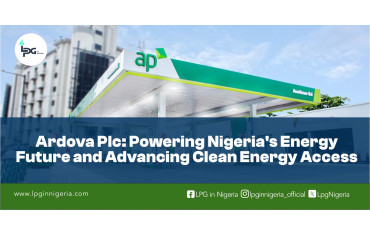
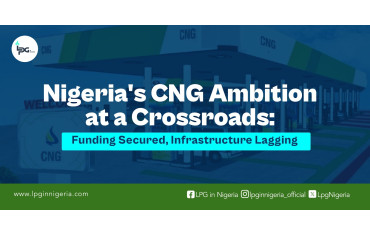
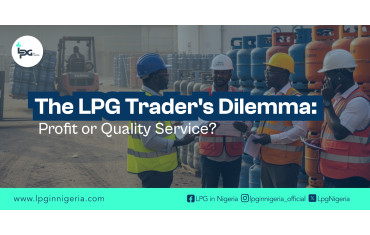

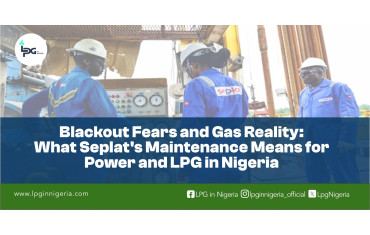
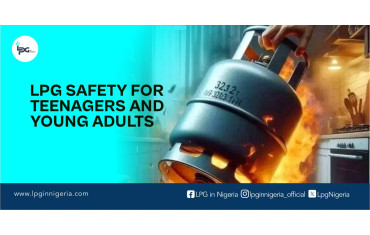





0 Comment.